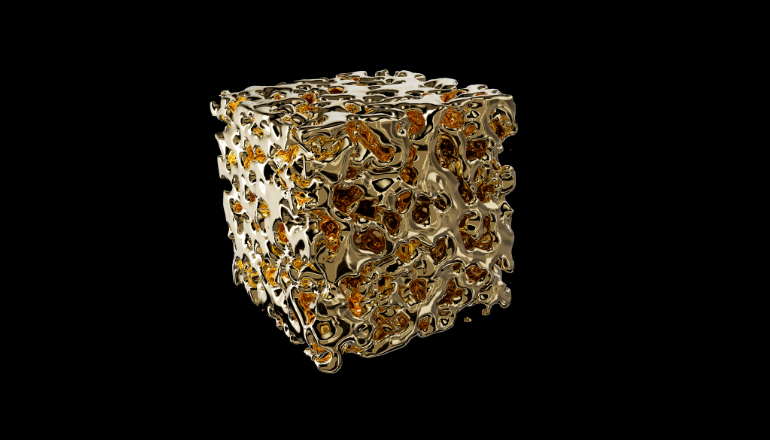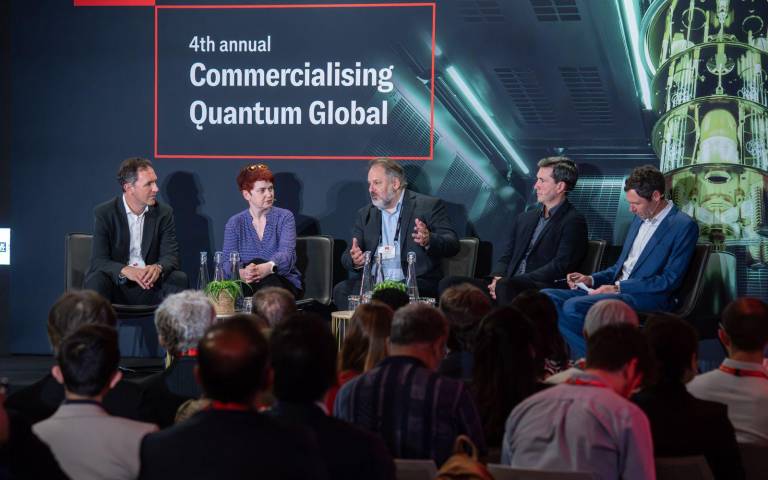


Pioneering London Quantum Technology Cluster launched with support from City Hall
A major new initiative to position London at the forefront of global quantum innovation has been launched, bringing together academic excellence, industry partners, and government support. The London Quantum Technology Cluster, backed by the Mayor of London and...
Nanoneedle Technology Corrects Genetic Mutation in Rare Skin Disease
LCN Researchers from the Faculty of Dentistry, Oral & Craniofacial Sciences at King’s College London have developed a novel technique using tiny, biocompatible needles—called nanoneedles—to deliver gene-editing tools directly into skin cells, correcting a genetic...
Quantum Beats: A Weird Science Silent Disco at Imperial Lates
A team from the London Centre for Nanotechnology at King’s brought quantum physics to life at Weird Science, an Imperial Lates event at Imperial College London. Molly Message (Department of Physics), Megan Grace-Hughes (LCN Centre Manager), and Dr Vittorio Aita...
Nano for Mind and Mind for Nano: King’s New Institute Bridges Nanotechnology, Neuroscience and Culture
A new multidisciplinary research institute has been founded at King’s College London to help tackle major challenges for society and find innovative ways to advance knowledge, with nanotechnology playing a crucial role. Institute Overview King’s has...